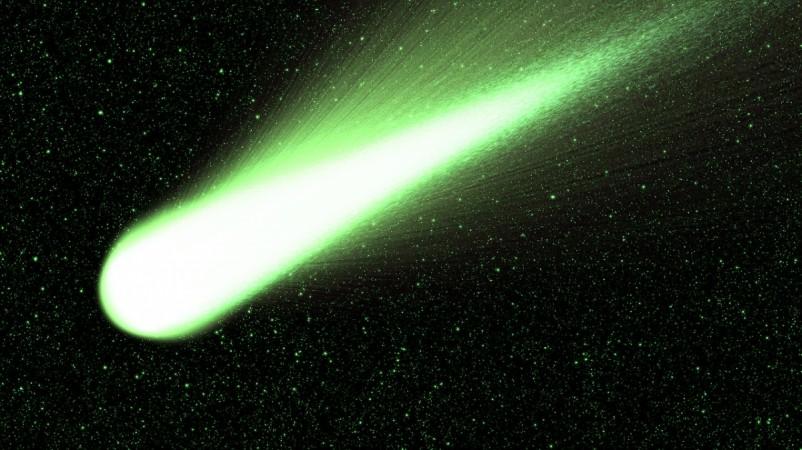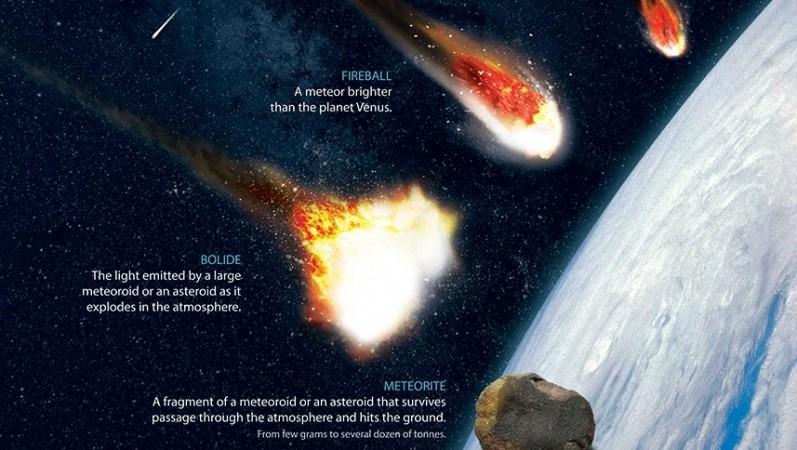
NASA scientists have gone deep into the Pacific in search of "special" meteors.
No one has ever successfully retrieved a meteorite from the sea. It is as ridiculous as it sounds. NASA, however, feel that this mission is worth the trouble and effort.
Meteors fell into the ocean in March this year and were tracked by planetary scientist Marc Fries on a weather radar. Now, about four months later, the space agency has a launched a mission to find these space rocks. "This one is tougher than your typical meteor," he said in a statement, reports Mashable.
Most meteorites break apart and either simply disintegrate in the atmosphere or explode in the air, rarely ever do meteors make it to the ground. To actually reach the surface of Earth, they have to be a certain size, weight, and composition. So if they are big enough to be tracked by a weather radar and they were followed till they crashed into the ocean, they really must be tough.
The only way to actually study the rocks and learn where they came from is to travel to the ocean floor, this is where the space rocks would have ended up considering how heavy they are believed to be.

There is already an ocean exploration vessel studying the seabed right now in the region, notes the report. The Nautilus, operated by the Ocean Exploration Trust (OET), is right now just off the coast of Washington.
"The goal is to find whatever we can," Nicole Raineault, marine scientist and OET expedition leader on the Nautilus, said in an interview.
The hunt for a few rocks on the ocean floor, which is usually muddy and difficult to see sounds like an impossible task, but Fries has made his calculations and narrowed it down just one square kilometre of ocean floor at a depth of only 100 metres.
"It's a pretty small area and pretty shallow," said Raineault whose vessel is well equipped to scour ocean floors using robots, cameras, and other scientific instruments. The robots, called remote-operated vehicle (ROV) will also have magnetic wands. This is because 90 percent of meteorites are normally made of iron.

















